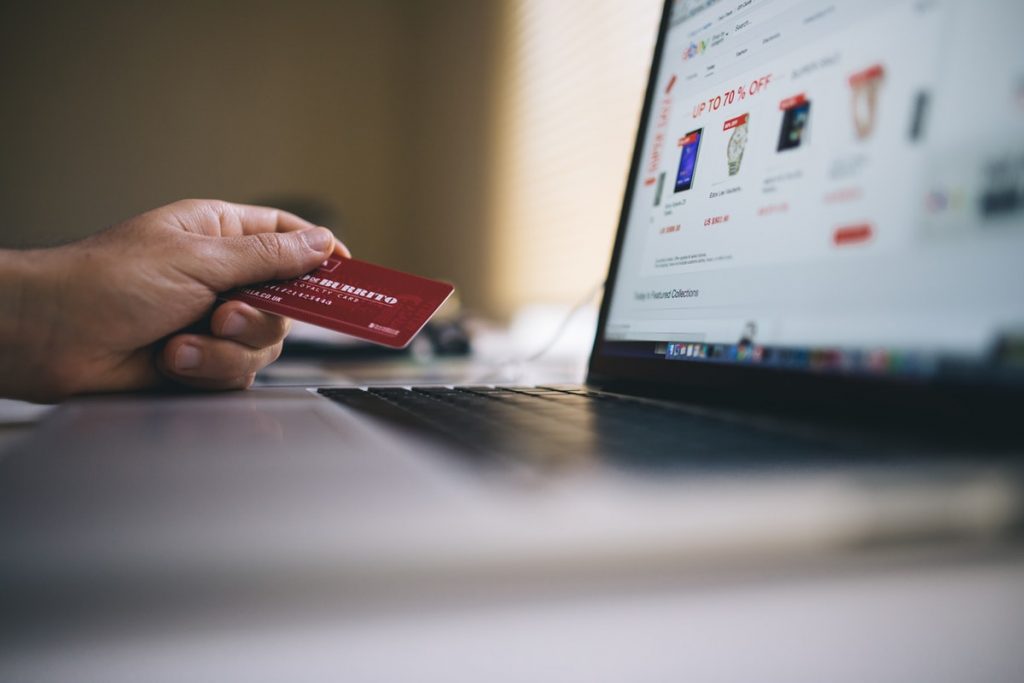Do you remember the last purchase you made? Was it paid using cash or a cashless transaction? For many, cashless is now the way to go. E-Wallets, or digital wallets, are seeing increased usage among Malaysians. The function of an e-Wallet is similar to its traditional counterpart, which is for payment of bills, transport, and even groceries.
Using an e-Wallet is simple, as all that is needed to make payments is a few taps of a button or scanning a QR code through a smartphone app. The payments made will be from prepaid credit or charged through a credit card. It is no surprise that e-Wallet payments are picking up steam in Malaysia. Cashless transactions are already a part of daily life for many through credit cards and online shopping. The use of e-Wallets just takes it a step further. With a smartphone penetration rate of 70% and 11.5 million mobile banking accounts as of 2017, Malaysia is perfectly poised to increasingly embrace e-Wallet services.
Other than the convenience, e-Wallets offer benefits such as discounts and reward points. Depending on the service used, there are a wide variety of shops that have partnered up to offer these advantages to users. With more and more people hopping onto the e-Wallet wagon, the providers themselves are always looking to further expand their network of partnered merchants to entice more users.
The Security of an e-Wallet
As of now, the e-Wallet situation in Malaysia is still in its beginning stages compared to other countries where e-Wallets have become widespread. However, along with the rise of online payment platform is the increase of data theft. CyberSecurity Malaysia (CSM) chief executive officer Datuk Dr Amirudin Abdul Wahab said that there were two incidents regarding e-Wallets last year. There are also other risks involving payment networks such as hacking, malware, and phishing attacks, according to The Star.
Another obvious risk is that since your e-Wallet is connected to your phone, if you do not have an internet service or run out of battery, you are out of luck. Data security should also be a priority as customers need assurance that their details are kept safe. Dr Amirudin urges e-Wallet developers to work together with CSM on improving security.
With the advent of e-Wallets in Malaysia, it may be time to carefully consider the pros and cons of using e-Wallets when making purchases.
For more information about family and parenting, please visit Motherhood.com.my.
